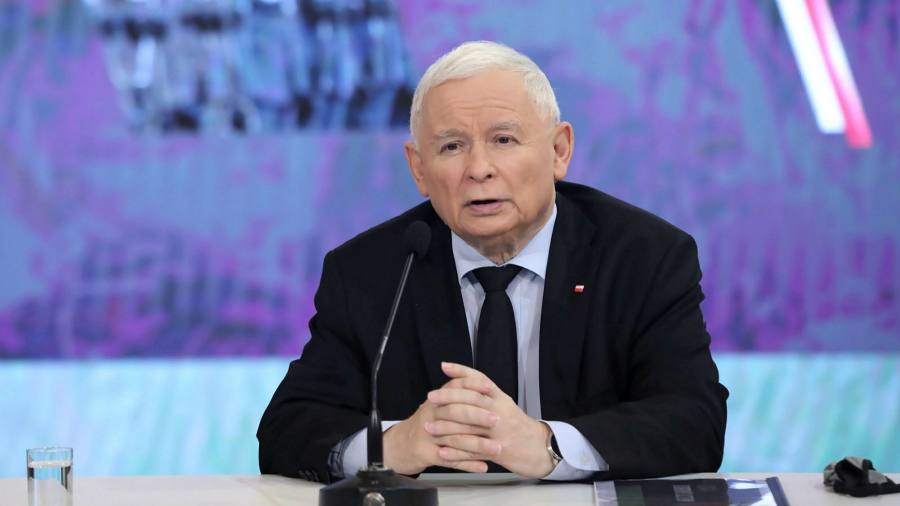
The Polish capital of Warsaw hosted a summit on Saturday, December 4th, that brought together leaders of various European conservative and right-wing parties. On this occasion, Jarosław Kaczyński, the leader of PiS, the Prawo i Sprawiedliwość (Law and Justice) party, drew attention to the German excesses regarding its predominant role within the European Union. According to Kaczyński, the new government coalition—formed around the Socialist Party (SPD), the Liberal party (FDP) and the Green—defends a dangerous vision for the European Union as it works to meet an objective of establishing a federal state that does not respect national sovereignties.
The exercise of democracy requires the support of national sovereignty in order to be fully effective. This is a basic principle that is increasingly being forgotten by European leaders, especially the Germans who are eager to create a federal state of Europe, he argued. But instituting a centralized power at a federal level would lead to uniformity and maladjustment to the national particularities of the countries that form the Union.
Kaczyński has also more broadly denounced the grip of political correctness on the Western world, with its sneaky manner of oppressing traditional cultures and ways of life. He argues that through this moralizing discourse, Germany intends to impose its economic and political superiority. Because of its history with German aggression, Poland is extremely sensitive to any increase in power coming from Germany.
The German project of a federal Europe is not new. It is an old dream pursued by some of the founders of the European Union, and it has resurfaced more strongly in the context of the moral and political crisis of the global pandemic. The situation is of critical urgency, according to Kaczyński. He has called for the proposal of an alternative model to the German vision, based on the free collaboration of nation states as well as a positive and constructive discourse with the different parties and movements gathered at Warsaw. Such an exchange between political parties with ideological differences is necessary to retain credibility and, for the Warsaw contingent, to avoid locking themselves into an exclusively critical and negative position.
